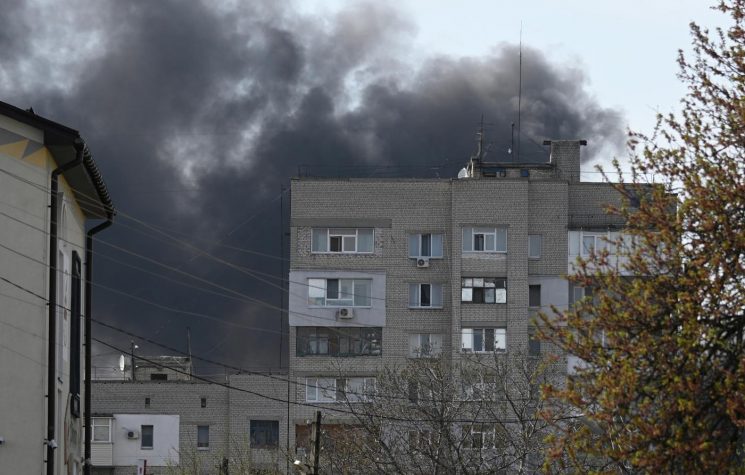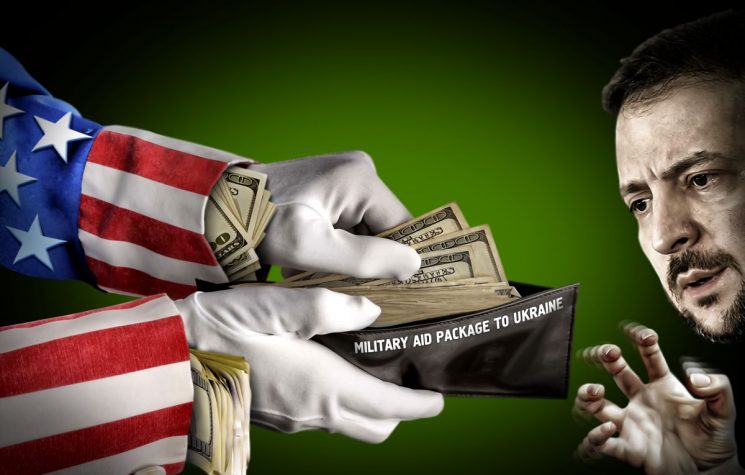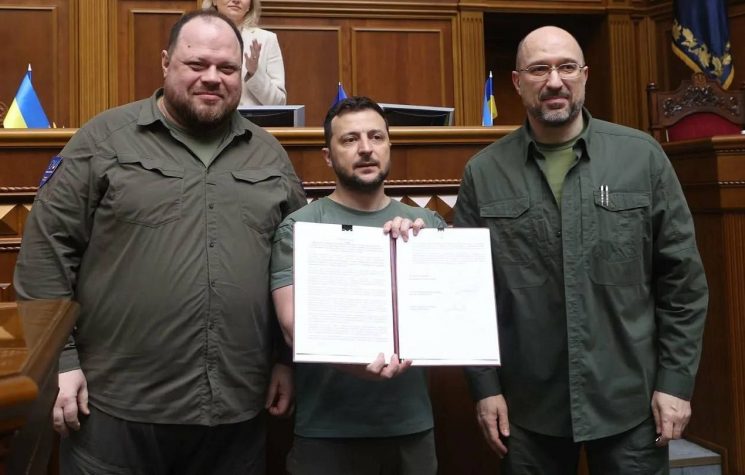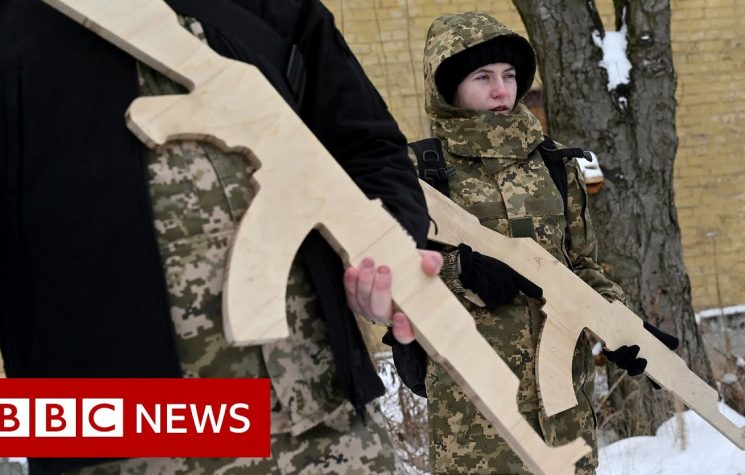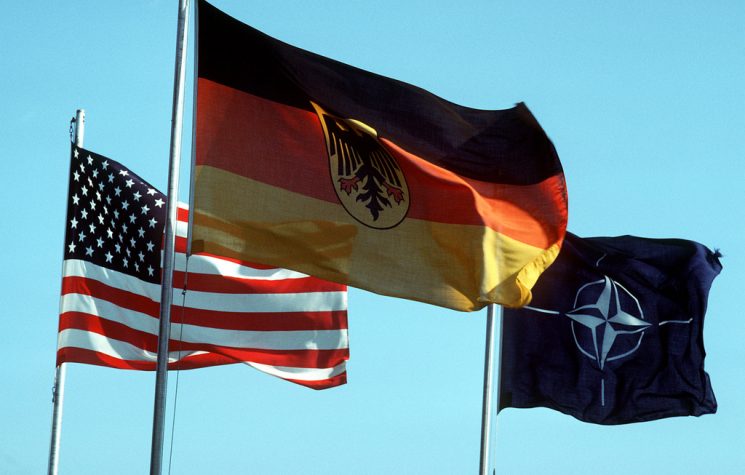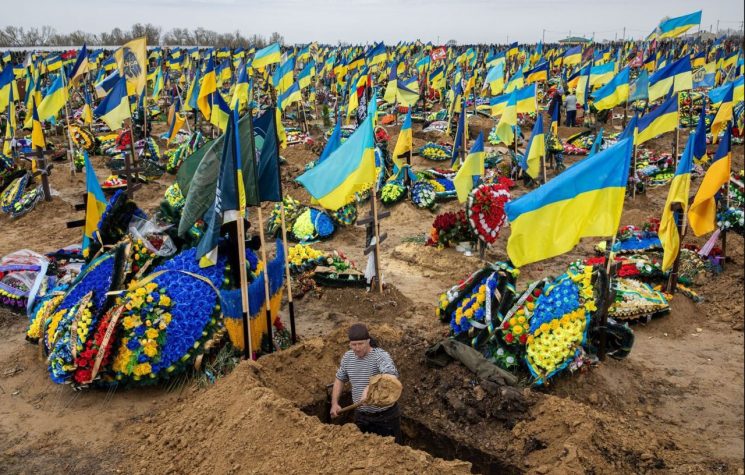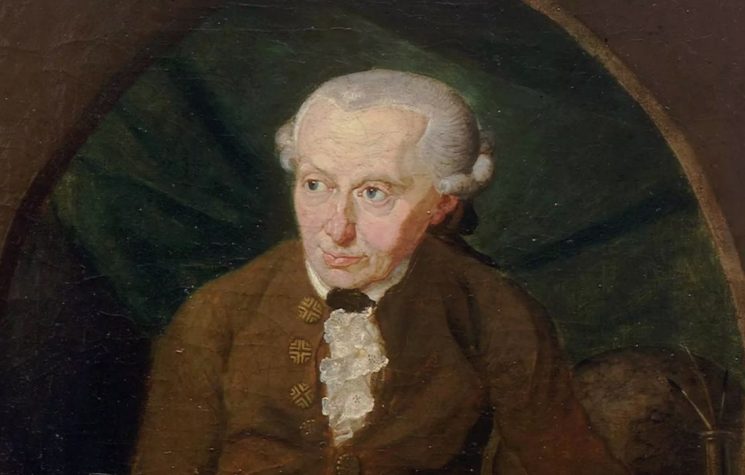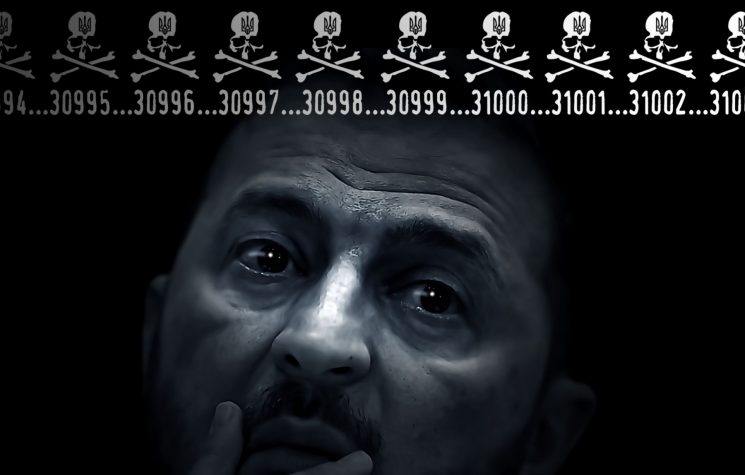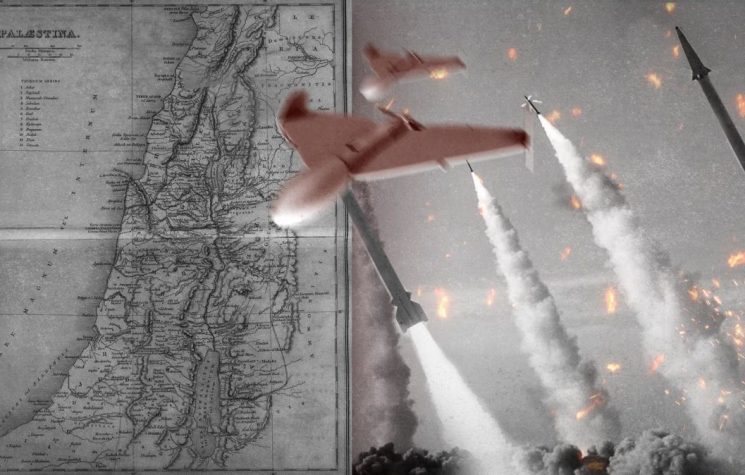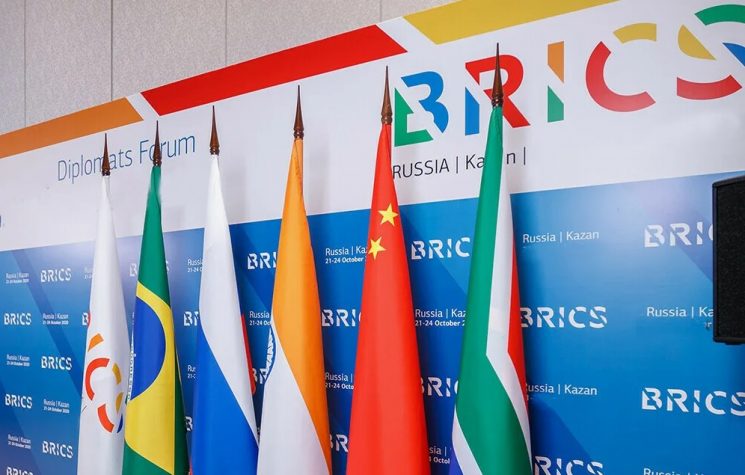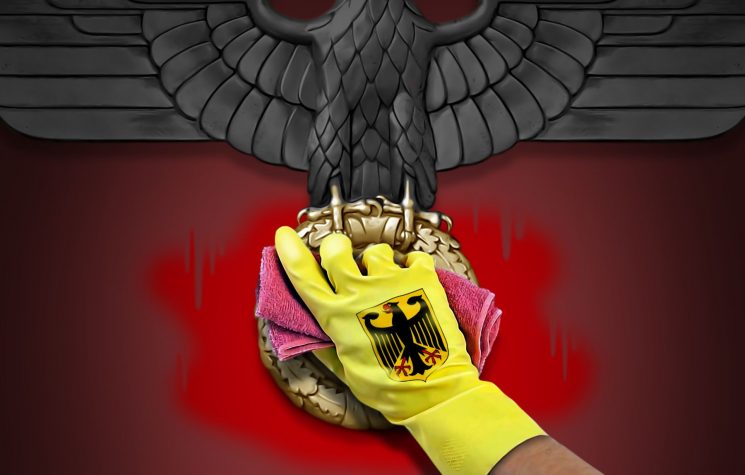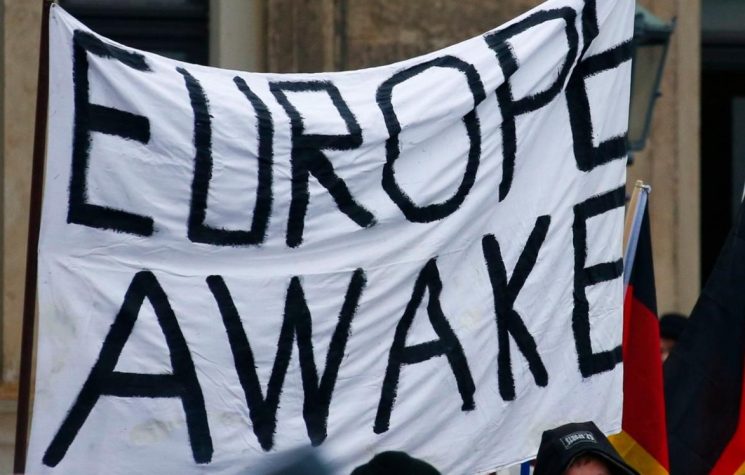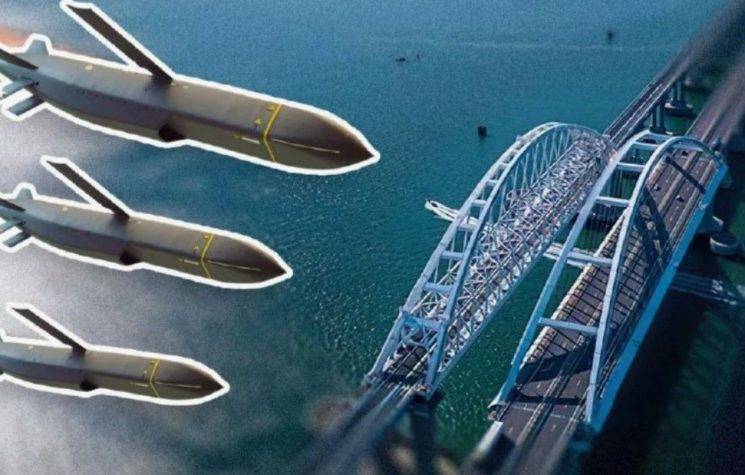The comical aspect of the entire leak though is how poor the German intelligence services are in general, Martin Jay writes.
❗️Join us on Telegram![]() , Twitter
, Twitter![]() , and VK
, and VK![]() .
.
Contact us: info@strategic-culture.su
Three things hit you about the reported phone tap of German officials discussing destroying the Crimean Bridge. 1. How stupid the Germans are, to think that their pitiful of not plain childish attempts to distance themselves from the war itself is fooling Russia. 2. That Germany believes that isolated but significant attacks on Russian military infrastructure would be a decisive turning point in the war which not even NATO bosses can deny Ukraine is losing. 3. How western media has more or less left the whole subject alone, fearing that it doesn’t help the West’s cause which they (media) are aligned to.
But without doubt, the fact that we are now entering a new phase in the war where the West feels it has to resort to more and more desperate tactics, rather than stick to the conventions, we can see from the transcripts that a certain panic is taking hold within the German government and its military. Berlin is certainly thinking big. But it is also thinking maximum plausible deniability. It is thinking Battle of the Bulge.
The comical aspect of the entire leak though is how poor the German intelligence services are in general. It was always a joke, going back to WWII where German spooks could be spotted a mile off in London or indeed the fact that during the same period its own agencies were fooled by a handful of British double agents over the location of the landings, that Germany doesn’t really do spying very well. Like media, these are two areas which we can say are not in decline as they never advanced in the first place. The leaking, or the lack of security, over the discussions are an intelligence failure which makes the Germans look like amateurs at best and deluded half wits at worse over how they see themselves, given these past two years where they have rapidly developed their military capabilities.
When, at the beginning of the Ukraine war Scholz had his “moment” in the German parliament where he announced a new level or military spending many Germans paused and became nervous about the possibility of history repeating itself. But they were not alone. Many Europeans wondered about how wise the move was as it propelled a weak and ineffective coalition government down a dangerous and treacherous path towards exactly the same circumstances which led to the collapse of democracy in the 1930s and the rapid emergence of Hitler and his so-called “socialist” party: nationalism.
Also, comical are the number of times these officials talk about the British who they call “the English” and how they consider them to be such important partners in the war against Russia, not only from a strategic standpoint but also a financial one. Roger and Fritz are closer than they’ve ever been.
But the obsession with the Crimean bridge is interesting as the transcripts reveal that it is on the Ukrainian side where the idea to hit it comes. The German airforce senior officials are sceptical about hitting the bridge with sufficient impact to actually destroy it and even less convinced that the Ukrainians can do this on their own. The idea of a French made Rafael jet is suggested for the job, but they believe that it would require 20 Taurus missiles to destroy it to any significant level. What exactly the Russians do while a French fighter jet repeats sortie after sortie dropping its bombs is unclear.
There is also the problem of how to deflect attention or finger pointing when the job is done. It’s here where we see that the German air force commanders are woefully ignorant and misinformed about the realities on Russian intelligence. The Germans actually believe they can protect themselves with a ring of disinformation and amateur distractions – like having their own people, while in Kiev talk with strong American accents while doing the training and logistics right through to insisting that the Ukrainians make a documented approach to the Germans for the equipment and training. As though this would temper the Russians even if they believed it once the bridge is destroyed! We are really in the land of amateur spooking here which leads the reader to believe that the Germans have decades ahead of them in how be an effective fighting force on the international stage when they are so plagued by rank amateurism – the same dismal lack of planning which made them lose the battle of Barbarossa in the second world war. Planning is a word which comes up in the conversation transcripts a lot as it is an obsession of German public servants, whether they be in the military or work for Deutsche Welle news department – the latter a public funded German propaganda station which is so bad that even Germans gave up watching it years ago, forcing its executives to scrap the German language service. And yet it is the lack of planning, but merely the talk of it, which is the real heart of the problem of German thinking. A Bridge Too Far, in fact.










